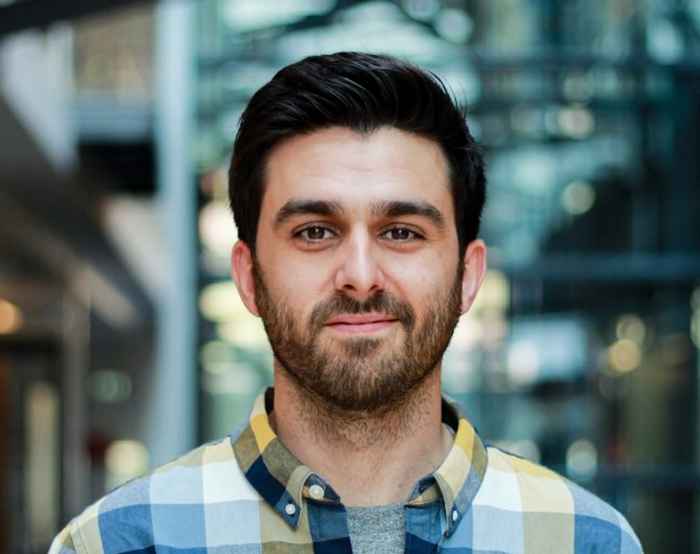Marie Curie Postdoctoral Fellowship for Jesús San José Orduna
26 April 2022

The development of new pharmaceutically-active molecules for the treatment of diseases that compromise the health and well-being of society is an essential process where chemistry plays a pivotal role. Over the last decades, this expensive process has relied in de novo multi-step synthetic protocols for the access to every single complex drug candidate. Recent innovations in organic chemistry have accelerated this effortful enterprise by applying novel methodologies such as Late-Stage Functionalization of ubiquitous C–H bonds, where several analogues can be quickly produced in a single step from a common synthetic intermediate. However, one of the major challenges of editing highly-complex chemical structures is the precise modification of one single position "à la carte", while tolerating any other diverse functional groups present. As the name of the project anticipates, the selectivity of this type of chemical transformations will be one of the most crucial challenges to be addressed in SELECTFLOW.
The quest for drug editing with surgical precision
In order to succeed in this project, Jesús will tackle three intertwined challenges.
The first challenge is the development of a chemical platform for in situ modification of the steric and electronic properties of a given complex molecule with the aim to induce selectivity. The approach here will be to take advantage of already available moieties instead of installing exogenous directing groups. Then, a light-mediated hydrogen atom transfer reaction for the efficient cleavage of otherwise inert C–H bonds under mild conditions will be applied.
The second challenge is to obtain a fundamental understanding of the developed chemical transformation from a combined experimental and computational perspective. Unravelling the mechanistic intricacies of every single elementary step will be crucial to detect possible bottlenecks and to design the most effective system possible.
The third challenge is the translation of the developed methodology to microfluidic conditions. Jesús expects that the use of flow chemistry will allow to develop a more efficient photochemical process due to the intrinsic properties of miniaturized systems. Moreover, this innovative technology will also open the doors for the valorization of greenhouse gases in a straightforward manner, ultimately delivering a sustainable access to a wide range of new pharmaceutical drugs precursors.
Jesús San José Orduna was born in Barcelona and obtained his BSc and MSc in Chemistry at the University of Barcelona. He performed his doctoral research in Organometallic Chemistry at the Pérez-Temprano group of the Institute of Chemical Research of Catalonia (ICIQ) in Tarragona, Spain, regarding the fundamental understanding of cobalt-catalyzed C–H functionalization reactions. In 2018 he visited the Macgregor group (Heriot Watt University, Edinburgh, Scotland) to learn the fundamentals of computational chemistry. He defended his thesis early 2020 and obtained his doctorate with the distinction Summa Cum Laude. He was also awarded the 2019 CAS Future Leaders award, the Josep Castells award, and was a finalist at the European Young Chemist Awards of EuChemS in 2020. After a short postdoctoral stay in the Martin group (ICIQ), he joined the Flow Chemistry group headed by Prof. Timothy Noël at the University of Amsterdam (The Netherlands) in April 2021, to develop and understand innovative chemical transformations employing flow chemistry.
See also
Research group Flow Chemistry (Noël research group).